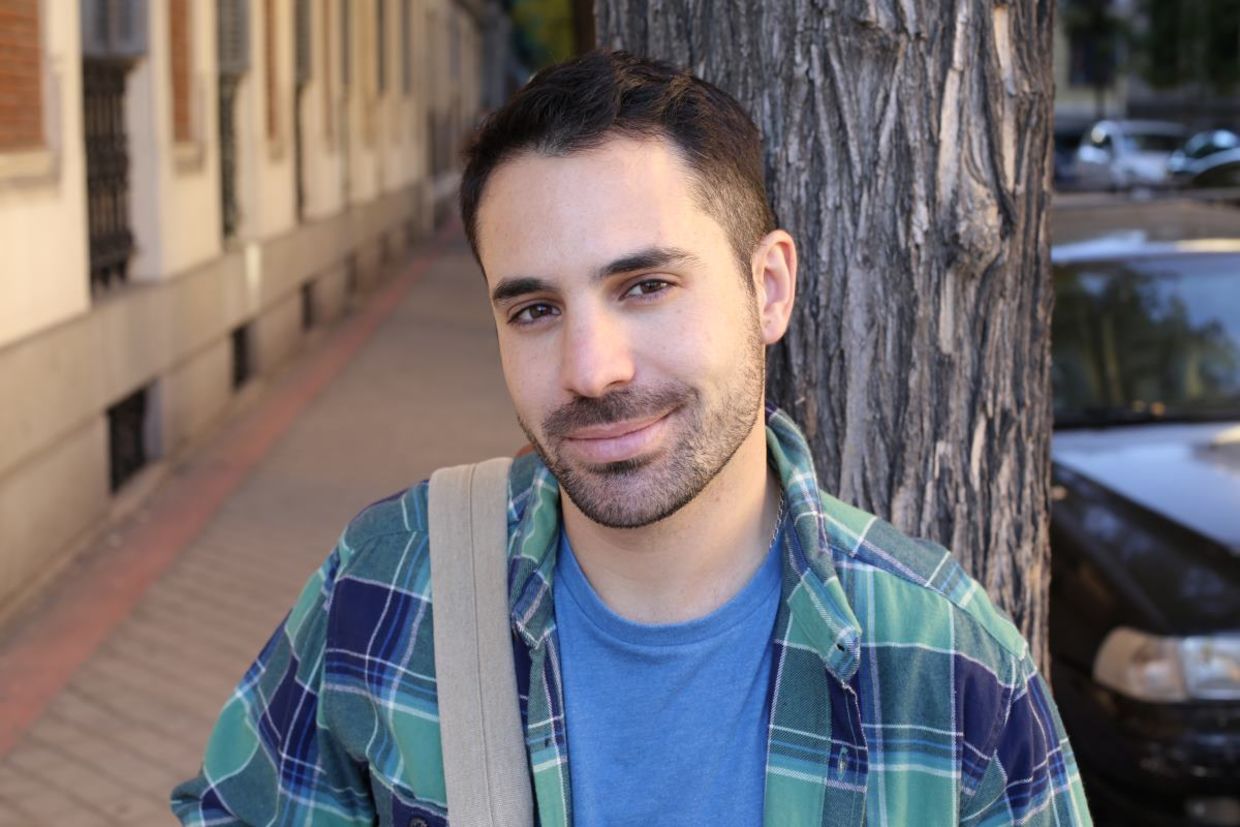
(AJR_photo / Shutterstock.com)
Although historically tattoos have been considered taboo in Judaism, this form of body art has been very popular in Israel for many years. And now in the wake of October 7, tattoos have taken on a deeper meaning and people who would never get a tattoo in the past are doing so now.
This new trend is due to memorial tattoos that commemorate deceased loved ones and the sense of loss and grief that Israelis and Jews from around the world experienced that day when a brutal attack from Hamas massacred over 1,200 men, women, and children, and the kidnapping of 250 people – 101 of which are still being held in Gaza today –, reported ISRAEL21c.
This phenomenon caught the attention of Ayelet Oreg, Hilit Erel-Brodsky and Professor Orit Taubman-Ben-Ari from Bar-Ilan University’s Weisfeld School of Social Work. Their research, using Terror Management Theory as a framework, was recently published in the journal Death Studies.
About the study
The researchers used a qualitative approach that analyzed data from Facebook groups and Instagram accounts of Israeli tattoo artists that collected 250 images of memorial tattoos. They used a combination of visual analysis and digital ethnography to explore the images of grief.
People memorialized deceased loved ones and others commemorated the Supernova music festival where so many people lost their lives. “These tattoos provide their bearers with a sense of closeness to their loved ones, offering comfort and strength in facing the anxieties of death and mourning,” the researchers said in the study.
View this post on Instagram
Some of the body art incorporated Holocaust imagery like the yellow stars people were forced to wear, and the phrase “Never Again” to link the trauma from the attacks to the collective trauma the Jewish people experienced in the 1940s. Many people inked the date 7/10/23 or Jewish symbols like stars of David on their arms reminiscent of the identification numbers on the arms of Holocaust survivors.
“These tattoos strengthen the emotional connection between Holocaust trauma and recent loss and affirm a commitment to Judaism and reflect collective religious beliefs,” the researchers said.
While other tattoos like maps of Israel or IDF themes evoke strength and connection. Some include images of the war. But all share one important theme, that body art is a coping mechanism to help people heal.
Tattoos can also be a big part of the healing process for Nova festival survivors and IDF soldiers who suffer from physical injuries and PTSD. They come to artists in Israel through an organization called Healing Ink that helps people heal through body art. Covering scars gives people control of the events that caused physical and emotional trauma.
Rise in tattoos wordwide
Jews outside of Israel have also been embracing tattoos to cope with the pain and loss from October 7, reported The New York Post. For some the trauma of the attack and the relentless anti-Israel protests made them decide to get a tattoo to show their support and solidarity with all Jews.
View this post on Instagram
“I never imagined doing this, but Oct. 7 changed everything. I now have two tattoos,” Todd Elkin, a former Wall Streeter who now works in his family’s business told The NY Post.
The father of two was devastated after the attack and decided he had to take a stance. “I’m not 20. This was by no means impulsive,” he said, and now has a tattoo on his forearm that says Am Yisrael Chai, which means The people of Israel live.
He chose May Hillel Levit, an Israeli tattooist to do his tattoo. “This is my way of fighting back, of showing my support for Israel,” said Elkin.
According to Levitt, common designs include, Chai, the Hebrew symbol of life, Jewish stars, and the message We will Dance Again, a tattoo that former hostage Mia Schem had inked on her arm after her release from captivity.
Getting a tattoo helps people give meaning to the senseless acts of violence and helps them work through grief by letting them take back their own narratives and begin to heal.
YOU MIGHT ALSO LIKE:
A Breakthrough in Personalized Self-Treatment
Unity in Crisis: Israelis Unite in Acts of Volunteerism During Times of War
Tel Aviv Art Museum Honors October 7: A Quiet Reflection of Loss and Light







